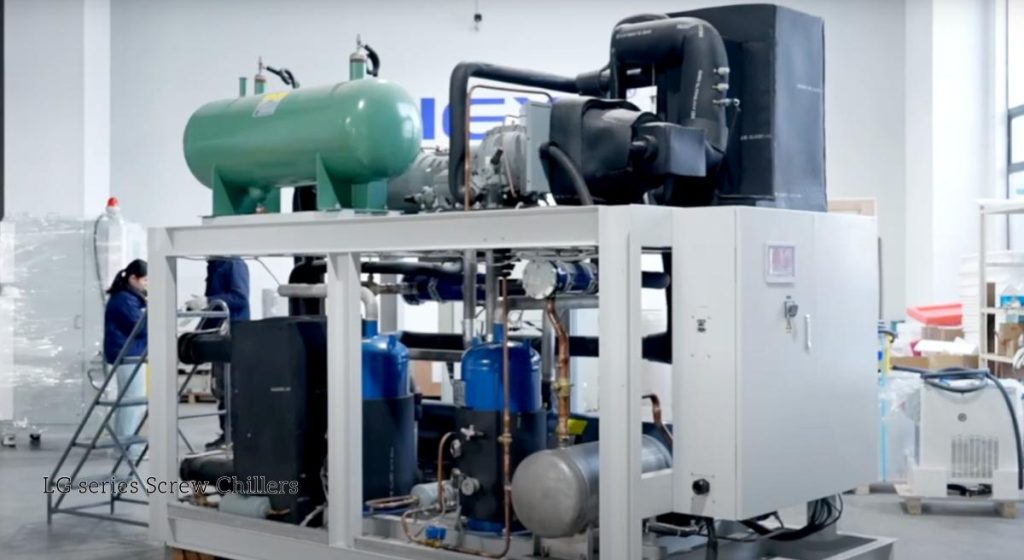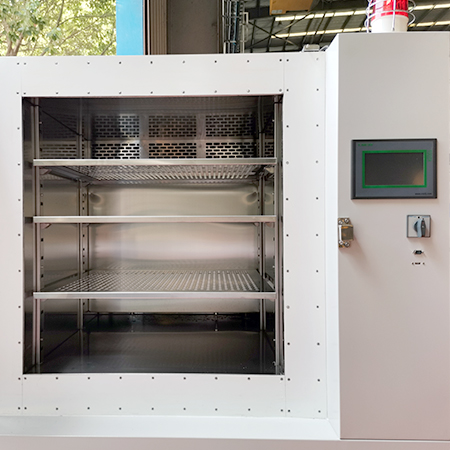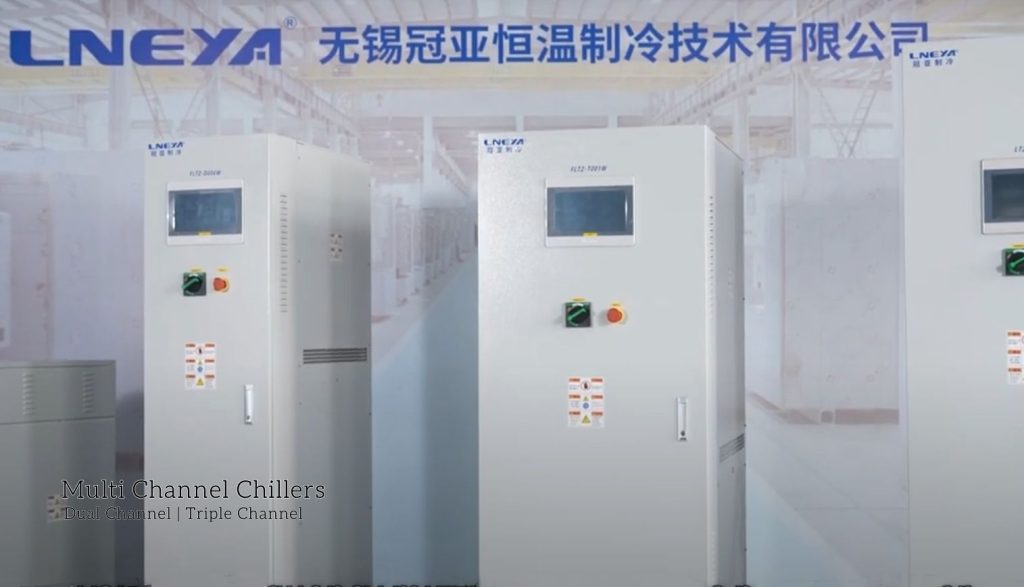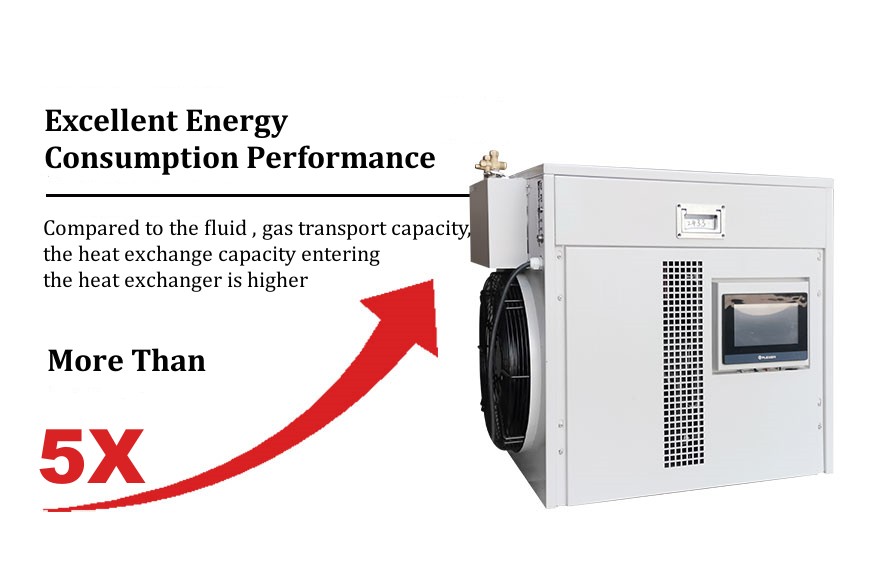Gas Chiller vs. Electric Chiller What is the Difference

- Gas Chiller vs Electric Chiller What is the Difference
- What is the difference between indoor chiller and outdoor chiller
- What is the Most Energy Efficient Chiller
- What is the Difference Between Chillers and Coolers
- 4 tipi di sistemi di refrigerazione: quale si adatta alla tua struttura?
- Cos’è un chiller VFD: chiller VFD vs chiller non VFD
- What is a Gas Chiller
- What is a Scroll Chiller
- Settembre 2025
- Agosto 2025
- Luglio 2025
- Giugno 2025
- Maggio 2025
- Marzo 2025
- Febbraio 2025
- Gennaio 2025
- Dicembre 2024
- Novembre 2024
- Ottobre 2024
- Settembre 2024
- Agosto 2024
- Luglio 2024
- Giugno 2024
- Maggio 2024
- Aprile 2024
- Marzo 2024
- Febbraio 2024
- Settembre 2023
- Luglio 2023
- Giugno 2023
- Maggio 2023
- Gennaio 2023
refrigeratore raffreddato ad aria refrigeratore Installazione di un refrigeratore refrigeratori Chiller Troubleshooting Congelatore a freddo refrigeratore di raffreddamento circolatore di raffreddamento e riscaldamento sistema di raffreddamento e riscaldamento cooling system Reattore in vetro a doppio strato sistema di controllo dinamico della temperatura congelatore refrigeratore a gas circolatore di riscaldamento refrigeratore industriale raffreddamento industriale congelatore industriale frigorifero industriale reattore a camicia refrigeratore a bassa temperatura notizie refrigeratore farmaceutico refrigeratore di processo reattore refrigeratore raffreddamento del reattore raffreddamento del reattore riscaldamento riscaldamento del reattore raffreddamento sistema di reattori circolatore refrigerato refrigeratore a refrigerazione refrigeratore a vite refrigeratore per semiconduttori refrigeratore di prova per semiconduttori sundi tcu controllo della temperatura camera di prova termostato refrigeratore a bassissima temperatura refrigeratore di prova per veicoli refrigeratore d'acqua refrigeratore raffreddato ad acqua wtd
Choosing a chiller isn’t just about specs on paper. From our experience in hospitals, factories, and labs, the first question is always: gas o electric? It changes how the plant runs, energy bills, maintenance schedules, even the way your team schedules downtime.
We’ve seen facilities where a gas chiller made perfect sense because electricity was expensive, and others where electric units saved more money over time. What is the difference between a gas chiller and an electric chiller?
What is a Gas Chiller?
A gas chiller runs on natural gas, propane, or even biogas. Most use an absorption cycle, though some have gas engines driving compressors. Essentially, they convert fuel energy into cooling.
Our customer who has a 24/7 production plant where electricity costs were sky-high. Installing a gas chiller not only saved money but allowed them to recover heat from the exhaust to preheat water for other processes. It’s robust—but you need room for venting, proper fuel connections, and space for service.
These units handle part-loads well and don’t stress the grid, which is why they’re popular in continuous industrial operations. The downside? They’re heavier and a bit more complex to install.
What is an Electric Chiller?
Electric chillers use electricity to drive compressors and circulate refrigerant. They can be raffreddato ad aria o raffreddato ad acqua and range from small lab units to industrial-scale machines.
Most users installed electric chillers in labs where temperature stability is critical. They’re precise and integrate nicely with building automation. The installation is straightforward because of no burners or exhaust. But you do have to watch your electricity bills if the system runs nonstop.

Gas Chiller vs. Electric Chiller
Principio di funzionamento
The main difference is how energy gets converted. Gas chillers burn fuel to drive cooling, sometimes through an absorption cycle, sometimes via a gas engine. Electric chillers convert electricity directly into mechanical work.
This difference affects part-load efficiency, control accuracy, and the ability to pair with heat recovery. On one job, you are allowed to pair a gas chiller with a heat-recovery loop, reclaiming enough energy to heat the facility’s domestic water, something an electric chiller couldn’t do without extra systems.
Efficienza energetica
Efficiency isn’t just a number on a spec sheet—it’s about real operation. Gas chillers can shine at full load and when combined with heat recovery, they can boost overall site efficiency.
Electric chillers can be very efficient too, especially with VFD compressors or high-COP designs. The electric chiller adjusts continuously to fluctuating loads, saving nearly 20% on electricity compared to a fixed-speed unit.
Costo
Gas chillers usually cost more to install, they need burners, exhaust piping, and sometimes a bigger footprint. But in regions with cheap fuel and expensive electricity, they can pay for themselves fast.
Electric chillers are simpler to buy and install, but running costs can add up if they operate 24/7. Our engineer always runs a ten-year cost projection for clients, including energy, maintenance, and downtime. Often, the choice isn’t obvious until you crunch real numbers.
Environmental Impact
Gas chillers produce combustion emissions, so you need venting, monitoring, and sometimes emissions controls. But they reduce load on the electrical grid, which is useful in areas where electricity is carbon-intensive.
Electric chillers don’t emit on-site but depend on how the electricity is generated. Pairing them with renewables or thermal storage can make them very green. Both types benefit from heat recovery if your process can use the captured energy.
Application Suitability
You could usually see gas chillers in industrial plants, hospitals running 24/7, or district cooling systems. Electric chillers dominate in labs, offices, and data centers where precise temperature control is a must.
Hybrid setups are also common. You can use an electric chiller for sensitive lab equipment and a gas chiller for the base load. The result? Lower operating costs, more reliability, and flexible operation.
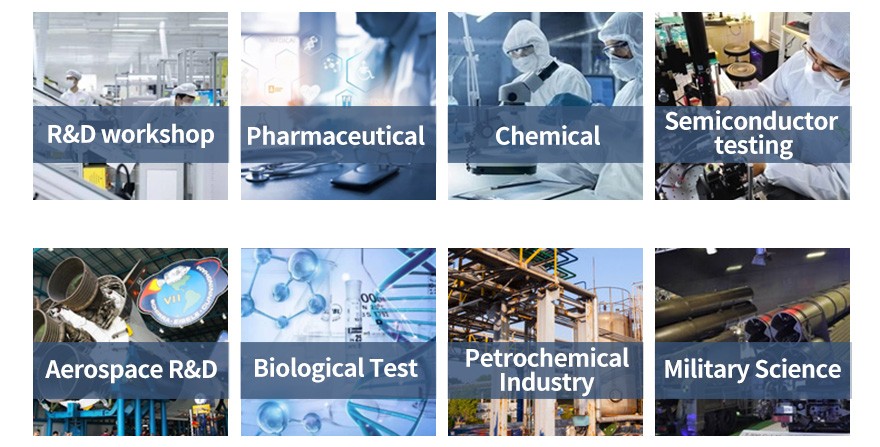
Maintenance and Reliability
Gas chillers need routine burner inspections, vent checks, and fuel-quality monitoring. Our after-sale engineer has been called out to a plant where the gas supply had debris, and the chiller performance dropped dramatically until the filter was cleaned.
Electric chillers are simpler mechanically. Compressors and refrigerant loops need regular attention, but with no combustion, there are fewer surprises. Accessibility and space often matter more than the technology itself. You can have the most efficient chiller in the world, but if your techs can’t reach it, it won’t perform well.
Conclusione
At LNEYA, we design and supply both gas and electric chillers, tailored to real-world conditions. From air-cooled electric chillers to water-cooled gas units, and options with heat recovery or VFD integration, we match the system to your facility, not the other way around.
Reach out and let our engineers help you select the right chiller for reliable, energy-efficient cooling.
Chiller correlati
CONTATTO
TEL:TELEMATICO
EMAIL: EMAIL: EMAIL: EMAIL: EMAIL: EMAIL: EMAIL
WeChat e WhatsApp: il nostro servizio

Wechat QR

Hai domande o hai bisogno di un preventivo? Compila il modulo sottostante e il nostro team ti risponderà entro 24 ore.
 Refrigeratori industriali LNEYA Produttore Fornitore
Refrigeratori industriali LNEYA Produttore Fornitore









